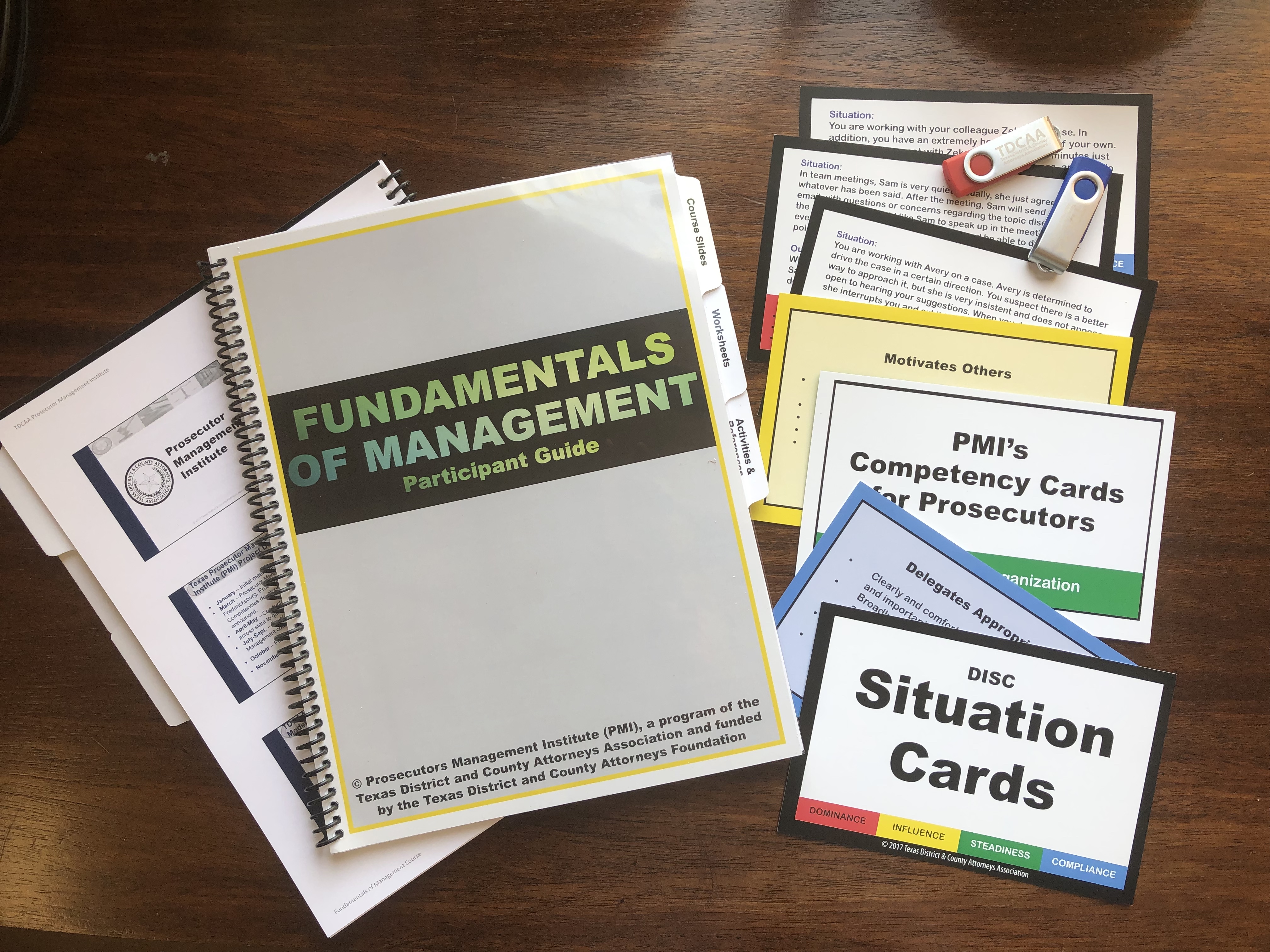U.S. Supreme Court
Packingham v. North Carolina
No. 15-1194 6/19/17
Issue:
May a state categorically prohibit registered sex offenders from accessing websites where children are permitted to become members or create personal web pages, including social media websites?
Holding:
No. Although a state may enact specific, narrowly tailored laws that prohibit sex offenders from engaging in certain conduct, such as contacting a minor, foreclosing access to social media altogether prevents them from engaging in legitimate First Amendment activity. Read opinion.
Concurrence (Alito, J.):
The exceptionally wide breadth of the North Carolina statute makes it unconstitutional. However, the Court goes too far when it compares the internet to public streets or parks. This comparison could restrict a state’s ability to enact laws narrowly tailored to achieving the legitimate government interest of protecting children.
Commentary:
Texas does not have a statute that criminalizes a sex offender’s access to social media websites, b ut Texas does have statutes that permit orders prohibiting a sex offenders’ access to social networking sites, both as a condition of parole (§508.1861(b)(1)(B) of the Government Code) and as a condition of probation (Art. 42A.454(b)(2) of the Code of Criminal Procedure). Based upon the broad language of this decision, it seems likely that a wholesale prohibition of access to Facebook or Twitter or Instagram would be unconstitutional. A more directed condition, prohibiting communication with minors or prohibiting access to chat rooms or dating websites, would seem to be permissible, even under this decision. But it is certainly going to create new litigation. This decision should have no impact on the validity of §33.021 of the Penal Code, which has created the offense of online solicitation of a minor.
Texas Courts of Appeals
Kulow v. State
No. 14-15-00858-CR 6/15/17
Issue:
When is disclosing favorable evidence in an untimely manner a violation of Brady?
Holding:
Only when the defendant can show the delay resulted in prejudice. There is no prejudice if the defendant is still able to make effective use of the information at trial. Read opinion.
Commentary:
This is a good reminder regarding delayed or late disclosure of allegedly exculpatory evidence. If the defendant was given the evidence in sufficient time to use it, there is no Brady violation. Obviously, this should not become a regular practice, however. A trial judge could still hold a delayed disclosure against the State if it violates a discovery order or if the defendant has requested such evidence under the Michael Morton Act.
Murray v. State
No. 04-16-00227-CR 6/21/17
Issue:
Does Rule of Evidence 901 require the State to conclusively establish authorship to admit a Facebook page into evidence?
Holding:
No. The State is required to present only prima facie evidence such that a reasonable jury could find the defendant created the content of the Facebook page. Circumstantial evidence identifying photographs and messages can be sufficient to show the defendant created and maintained the account. Read opinion.
Commentary:
This is a good, thorough decision, and it is in line with others concerning the authentication of social networking web pages. There is also a good discussion of the validity of the warrant that was used to obtain the Facebook page. This decision will be a good resource if that issue comes up in a case.
Omoruyi v. State
No. 06-17-00020-CR 6/21/17
Issue:
Must a jury charge for committing credit/debit card abuse by possessing incomplete cards include the statutory definition of “incomplete”?
Holding:
Yes. The statutory definition of “incomplete” bears on an essential element of the offense because the State is required to prove, beyond a reasonable doubt, that the cards were incomplete. Where the only issue in contention during trial was whether the cards were “incomplete,” leaving out the statutory definition caused egregious harm. Read opinion.
Dissent (Moseley, J.):
Omission of the statutory definition was egregiously harmful, and furthermore the State offered no evidence to show the cards were incomplete under the statutory definition. The defendant should be entitled to an acquittal because the evidence was legally insufficient to support the conviction.
Commentary:
At no place in the court’s opinion does the court actually explain the purported definition of “incomplete.” The statute provides, “For purposes of this subdivision, a card is incomplete if part of the matter that an issuer requires to appear on the card before it can be used, other than the signature of the cardholder, has not yet been stamped, embossed, imprinted, or written on it.” It is not clear whether this language is meant to be the exclusive definition of the word “incomplete” or just an explanation of what might constitute an “incomplete” card. Because the defendant did not object, the trial court was not given the opportunity to explore that question, and the court of appeals certainly has not done so in its opinion (although the State appears to have argued that). The Court of Criminal Appeals may want to review this decision. In the meantime, be aware of it, especially if you practice in the Texarkana Court of Appeals’ District.
Lambeth v. State
Nos. 09-15-00297-CR & 09-15-00298-CR 6/21/17
Issue:
May a service dog, provided by the district attorney’s office to soothe and relax child victims, be used as a comfort item under Code of Criminal Procedure Art. 38.074 during the testimony of a child?
Holding:
Yes. Provided that the judge has made the necessary findings under Code of Criminal Procedure Art. 38.074 §3(b), the dog’s presence is not prejudicial or harmful to the defendant. Read opinion.
Commentary:
What a wonderful decision and a great job by the trial judge and the State in justifying the use of this service dog during trial. This statute does not apply just to trial, and it is does not apply just to child victims. Section 2 of the statute makes it clear that the statute “applies to the testimony of a child in any hearing or proceeding in the prosecution of any offense. …” (emphasis added). In any event, be aware of this decision and this statute if you wish to have a service dog (or something else) present with a complaining witness while she testifies.
Sanders v. State
No. 09-16-0004-CR 6/21/17
Issue:
May the State offer evidence of a prior out-of-court identification of the defendant even when the defendant does not challenge the witness’s identification during trial?
Holding:
Yes. Rule of Evidence 801(e)(1)(C) expressly allows a party to elicit testimony from a witness regarding a prior identification as long as the witness testifies and is subject to cross examination about it. Where the defendant could have cross-examined the witness, even if he did not, the prior identification is admissible. Read opinion.
Commentary:
This is yet another decision distancing Texas criminal jurisprudence from the “bolstering” objection. As long as the requirements of the rule are met (the witness being “subject” to cross-examination), the testimony should be admissible.
Announcements
Online registration for TDCAA’s popular Legislative Update series is now open! For more information or to register online, visit https://www.tdcaa.com/content/2017-tdcaa-legislative-updates
TDCAA is now taking pre-orders for its 2017 code books. For more information or to place an order, visit https://www.tdcaa.com/publications
Applications are being accepted for the National Computer Forensics Institute courses for prosecutors! For more information, visit https://www.tdcaa.com/announcements/national-computer-forensics-institute-courses-prosecutors
TDCAA is pleased to offer these unique case summaries from the U.S. Supreme Court, the Fifth Circuit Court of Appeals, the Texas Court of Criminal Appeals, the Texas Supreme Court, the Texas Courts of Appeals and the Texas Attorney General. In addition to the basic summaries, each case will have a link to the full text opinion and will offer exclusive prosecutor commentary explaining how the case may impact you as a prosecutor. The case summaries are for the benefit of prosecutors, their staff members, and members of the law enforcement community. These summaries are NOT a source of legal advice for citizens. The commentaries expressed in these case summaries are not official statements by TDCAA and do not represent the opinions of TDCAA, its staff, or any member of the association. Please email comments, problems, or questions to Diane.Beckham@tdcaa.com.



